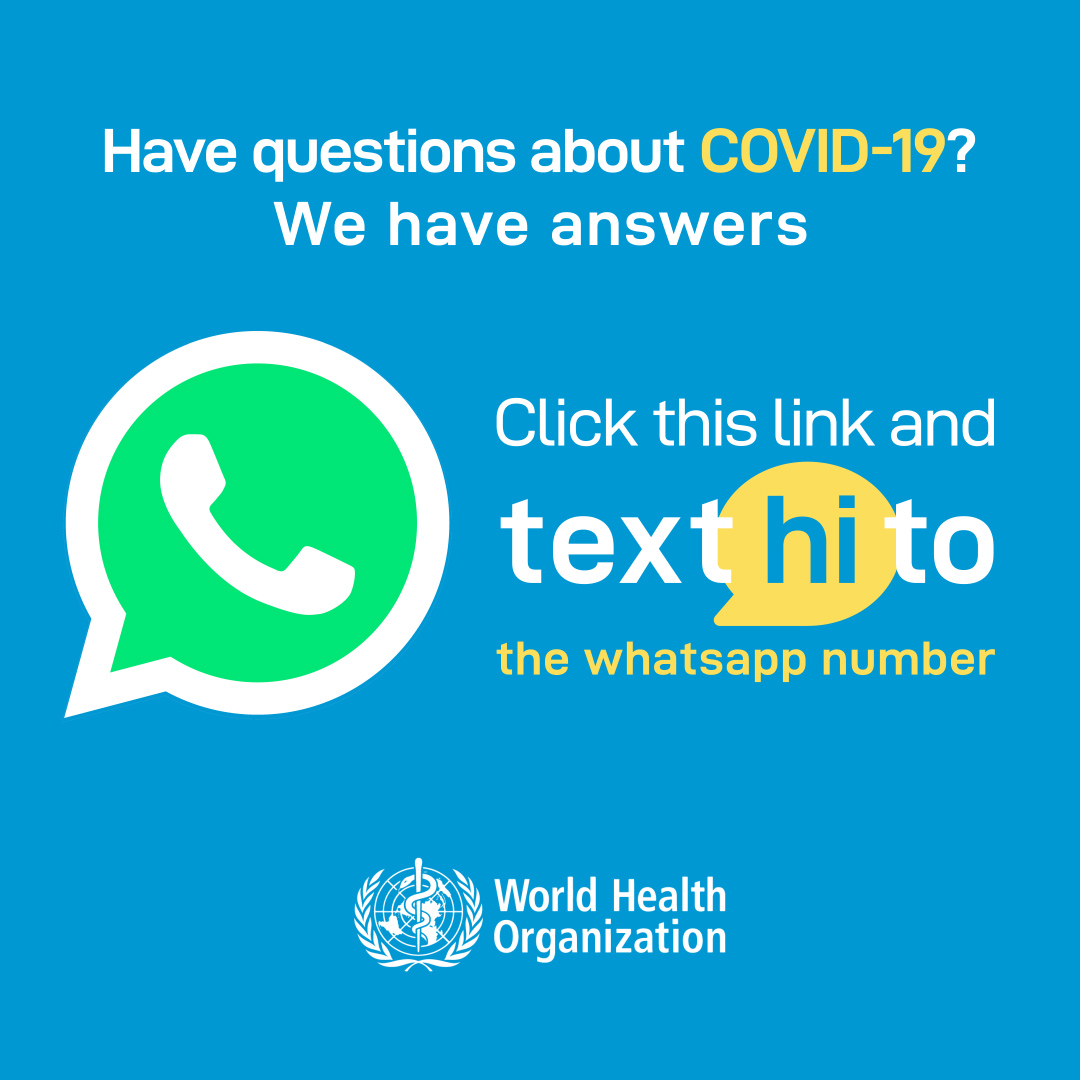
What WHO is doing to support COVID-19 response in Kano state—Official
How WHO is supporting COVID-19 response in Kano state, by Official
From “COVID-19 does not exist”, to COVID is not going to survive in Kano, to COVID is finished as soon as it gets here, Kano state residents got so comfortable and rebuffed Nigeria Center for Disease Control (NCDC) guidelines on COVID-19.
The COVID-19 index case was recorded on April 11 2020 and in about three weeks, Kano state cases skyrocketed to over 300, with contact tracing still ongoing. As at 05 May, 2020, the state recorded 342 active cases and 8 recorded deaths.
To quickly contain the spread of the disease, the World Health Organization (WHO) deployed a Rapid Response Team (RRT) to support Kano State Government in strengthening the already existing pillars of the COVID-19 response and repositioning of resources to address identified gaps.
As part of the response strategy, WHO trained and deployed additional 88 Local Government Facilitators (LGAFs) to support the ongoing COVID-19 response at the LGA level. The training which lasted for three days (02-04 May 2020) had in attendance, 88 newly engaged surveillance assistants who will be deployed to the 44 LGAs, to strengthen active case search, reporting and contact tracing, risk communication and infection prevention and control.
The ever rising numbers of positive cases have thrown up the challenge of following up on several contacts within the state. The involvement of these officers will support contact tracing and active case search in both public and private health facilities as well as in the community, which will lead to early detection and notification of cases.
“To have a pool of experts that will support response to COVID-19 particularly with respect to surveillance and risk communication, we have to train these facilitators to take the mandate to the lower level” Says Dr Jibrin Alkasim, the State Coordinator.
“The training has enlightened me on COVID-19, most especially on surveillance, risk communication. I have learnt how false information is being spread through social media and how people misinterpret information on social media. I have also acquired skills on how to protect myself, enlighten the community about the reality of the disease, self -hygiene and protection from infection” says one of the trained LGAFs, Maimuna Auwal Muhammad.
Another LGAF, r Muhammad Habib Ibrahim explains, “This is an eye-opener. We have gotten vast knowledge on all the important areas to deal with this pandemic. With all the training we have got, I am confident we will be able to curb the spread by enlightening people at the grassroots on Infection Prevention and Control (IPC).




Recent Comments